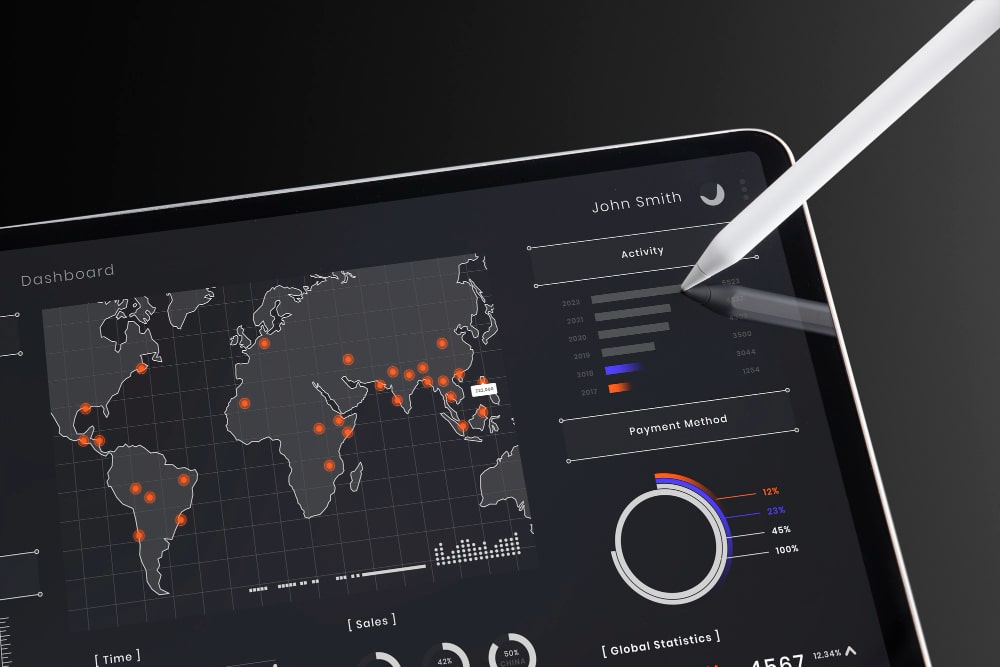November 6, 2023

The company provides an integrated service delivery platform to connect fleet companies, vehicle service providers and other 3rd party providers like original equipment manufacturers (OEM), call-centres and equipment owners.
THE CHALLENGE
The service delivery platform allows truck fleet owners to reduce the total down time, whenever one of their vehicles encounters a technical issue. The platform’s mobile application and web interfaces enable truck drivers to quickly find and digitally connect with nearby vehicle service dealers. This platform gives vehicle service dealers access to customers that would otherwise not be available to them, thereby maximising the productivity of their technical workforce, increasing sales of spare parts etc.
These vehicle service dealers and other 3rd party providers such as equipment owners, OEMs can directly enter the details of new customers in the platform. The company’s sales agents also have the required permissions to add new customers to the existing master list of customers.
However, this data entry process is manual and unregulated. It does not require users to first reference or cross-check with existing customer records. As a result, there are a lot of data quality issues including redundancies and inaccurate entries. Some of the problems include,
- Different names for the same customer entity. Examples include entries for Mega Motors Inc, MegaMotorsInc, MegaMotors Inc and MMI, though all of them refer to the same customer.
- Multiple entries for the same customer entity due to different or inaccurate addresses, zip codes etc.
- Sample entries from the Testing environment present in the Production environment.
Hence, the company’s sales and marketing teams were finding it extremely challenging to correctly identify unique customers in their platform. The company required a new master data management (MDM) system to provide a singular view of their customers for higher levels of engagement, thereby leading to improved retention and revenue growth.
THE SOLUTION

- AWS Services (S3, EC2, RDS)
- Python
- SQL
- Data Modelling
- PostgreSQL[NRD1]
- Docker, Kubernetes cluster
- React JS
- Google Firebase
THE IMPACT
With a single version of truth of their customer data, the company is able to assign dedicated client partners to each customer and build long term relationships through targeted actions and marketing strategies. These improved levels of engagement are helping to foster trust and improve customer loyalty. With this, the company receives constant feedback from its customers, based on which it drives several process improvements in their platform and offerings.
Within the platform, the hierarchy tagging for parent and child branches of the customer entities ensures that all the different trucks belonging to various fleets are correctly listed in the platform. With a combination of these new pre-defined tags and custom tags, the users are able to clearly filter, manage and target different customer segments. Also, the platform’s search feature helps the company’s sales and marketing team to save between 20-30% of their time when searching for existing customers.
Prior to the implementation of the MDM solution, the existing business intelligence (BI) reports had limited value to the business users. Now, with the completely mapped details of the fleet owners to service incidents, the users have a 360-degree relationship view which helps make more informed and timely business decisions.













































